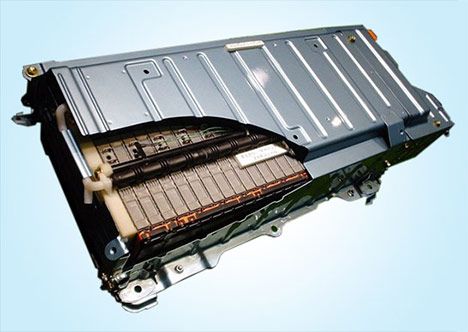
The Future of Iron-Nickel Batteries: Will They Make a Comeback?
With advancements in battery technology, are Fe-Ni batteries still relevant? Potential Revival Factors: Challenges: While

With advancements in battery technology, are Fe-Ni batteries still relevant? Potential Revival Factors: Challenges: While
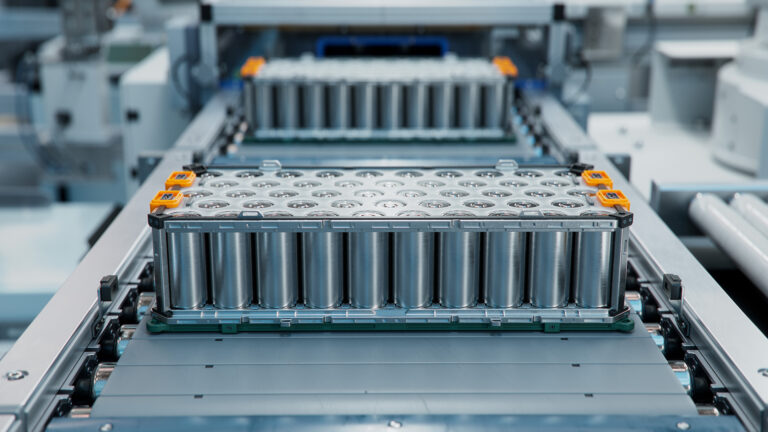
To maximize the lifespan of Fe-Ni batteries, follow these best practices: Proper care can ensure
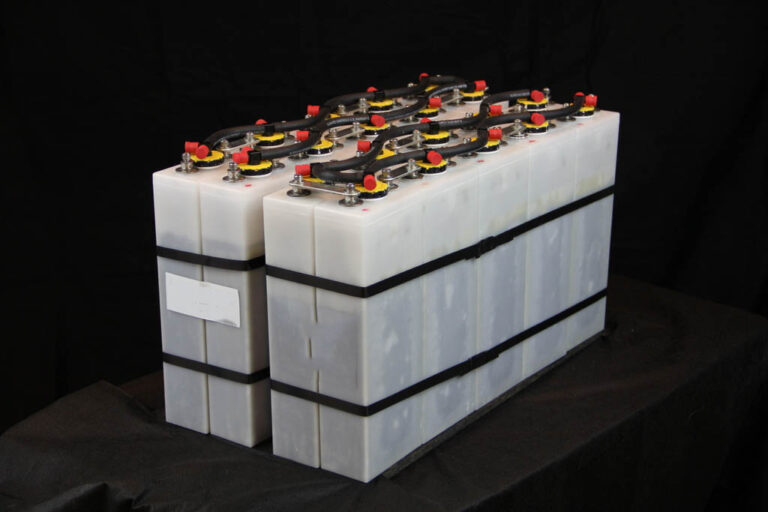
How do Fe-Ni batteries stack up against the dominant lithium-ion technology? Feature Iron-Nickel Lithium-Ion Lifespan
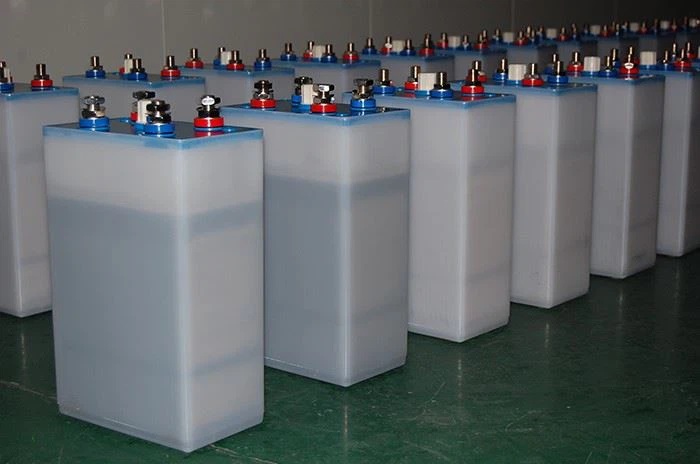
While not common in consumer electronics, iron-nickel batteries still serve critical roles in niche applications:
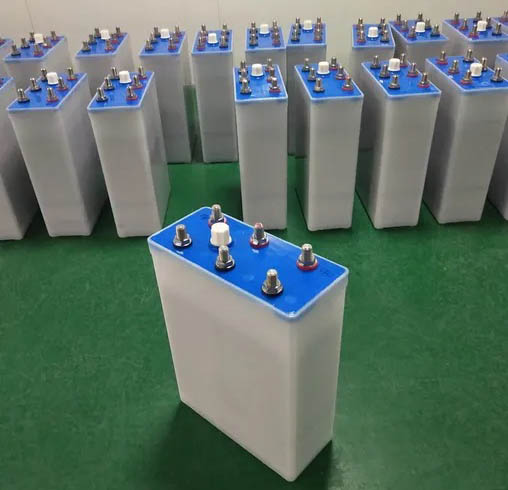
Iron-nickel batteries are known for their endurance, but how do they perform in terms of
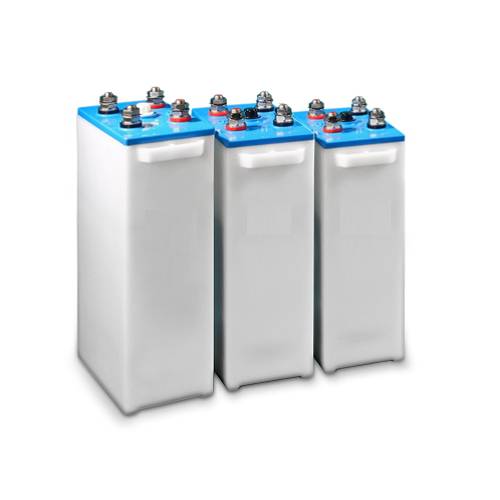
Iron-nickel (Fe-Ni) batteries, also known as Edison batteries (after their inventor Thomas Edison), are a
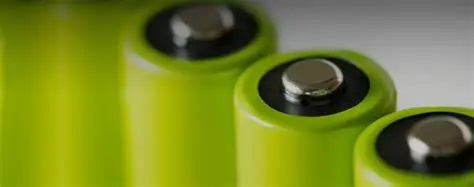
Specially designed Ni-Cd cells operate in extreme heat (up to 70°C+), making them indispensable in:
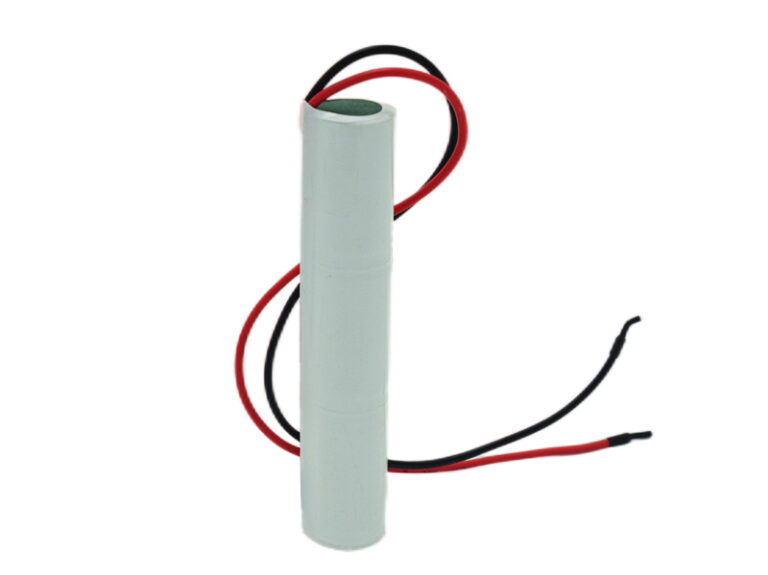
Fast-charging Ni-Cd batteries (capable of 1C-2C charging rates) are widely used in high-drain devices such
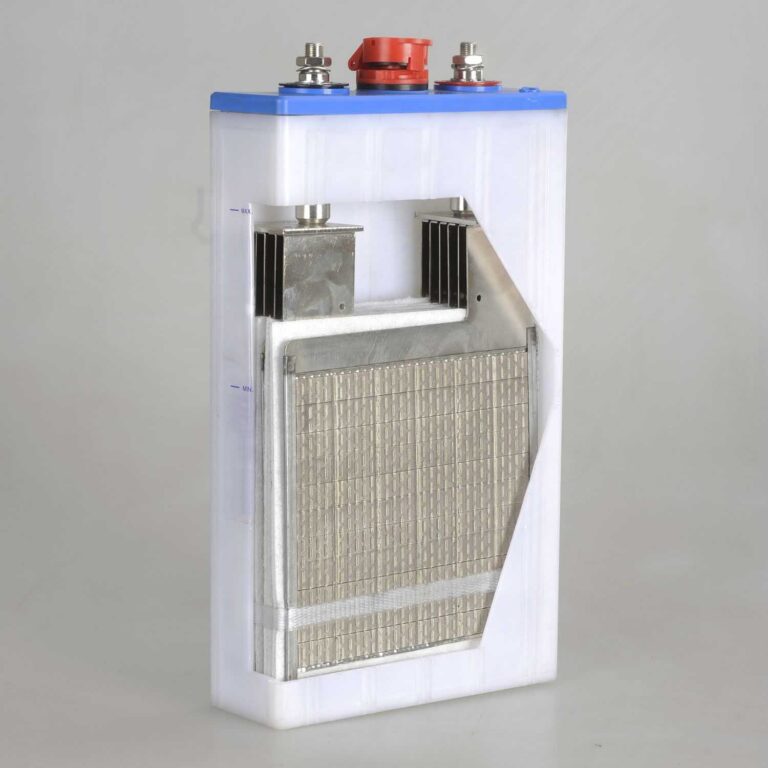
Some Ni-Cd batteries are designed for minimal upkeep, making them perfect for emergency systems like:

Large-format Ni-Cd battery packs (ranging from 12V to 120V) are essential in heavy-duty industries due